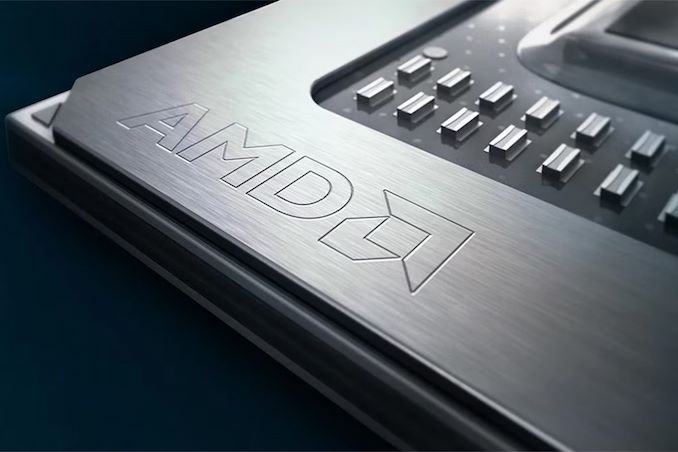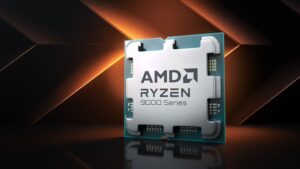Following a period of challenges prior to the 2017 debut of AMD’s Zen CPU architecture, AMD has significantly everted its fortunes, thanks in large part to Zen. Since launching its initial Zen-based Ryzen and EPYC processors for both client and server markets, AMD has been on an upward trajectory, steadily capturing more of the x86 market share and establishing itself as a formidable competitor to Intel.
According to Mercury Research, the early part of this year continued this trend, with AMD achieving record high unit shares in both the x86 desktop and server CPU markets. This success is attributed to the performance of its Ryzen 8000-series for clients and the 4th Generation EPYC processors for servers.
“The first quarter report from Mercury highlighted significant shares gained by AMD in both server and client markets, driven by the increasing demand for 4th Gen EPYC and Ryzen 8000 series processors,” AMD relayed.
Desktop PCs: AMD Registers Highest Market Share in Over a Decade
AMD has always found strong footing in the desktop market, especially among DIY builders. The introduction of Ryzen processors in 2017 doubled the brand’s desktop market presence within three years. However, a recent focus on the production of higher-margin CPUs for datacenters led to a slight decline in desktop and mobile market shares.
With increased production capabilities at TSMC, AMD began to up its desktop processor production. The release of Zen 4-based Ryzen 8000/Ryzen 8000 Pro processors in the last quarter of the previous year has seen favorable reception among PC manufacturers.
Thanks to these endeavours and other factors, AMD saw a 4.7% increase in desktop CPU unit sales in Q1 2024, reaching a 23.9% market share—the highest in over a decade. AMD’s diversified success factors indicate a strategy not reliant on a single product or family.
Mobile PCs: AMD Sees Minor Decline as Intel’s Meteor Lake Ramps Up
AMD has been clawing back its share in the laptop market for the past 1.5 years, with strong sales of its Zen 4-based Ryzen 7040-series processors in the latter half of the previous year. Conversely, Intel’s Core Ultra ‘Meteor Lake’ laptops began retail distribution in Q4’23, impacting AMD’s laptop processor sales.
In Q1 2024, AMD’s laptop CPU market share dropped slightly to 19.3%, a 1% quarter-over-quarter decrease. Nonetheless, the company still achieved a substantial year-over-year increase in both unit share (3.1%) and revenue share (4%), hinting at a higher average sale price for its latest Ryzen mobile processors.
Client PCs: AMD Makes Modest Gains, Intel Sees Small Declines
Despite AMD’s continued success, Intel remains the leading player in client PC sales in the first quarter of 2024, boasting a 79.4% market share with AMD holding 20.6%. The wide-ranging and strong lineup of Intel’s client products makes this dominance anticipated, yet AMD still managed to increase its unit share by 0.3% sequentially and 3.6% year-over-year. It’s important to note, though, that AMD’s revenue share in the client PC market significantly trails its unit share (16.3% vs 20.6%), suggesting a lean towards more budget-friendly processors.
Servers: AMD Carves Out More Market Share
AMD’s EPYC datacenter processors are the company’s flagship server CPU offerings, and AMD has been steadily increasing its server market presence, both in unit sales and revenue, in this highly competitive and profitable segment.
In the first quarter of 2024, AMD managed to increase its server CPU market share to 23.6%, a 0.5% sequential gain and a remarkable 5% year-over-year increase, largely due to the adoption of platforms utilizing AMD’s 4th Generation EPYC processors. While Intel still dominates with a 76.4% share, AMD’s continued growth signals a strengthening position in the server sector.
“Server CPU sales continued to grow year-over-year, spurred by increased enterprise adoption and the expansion of cloud deployments,” stated AMD.









